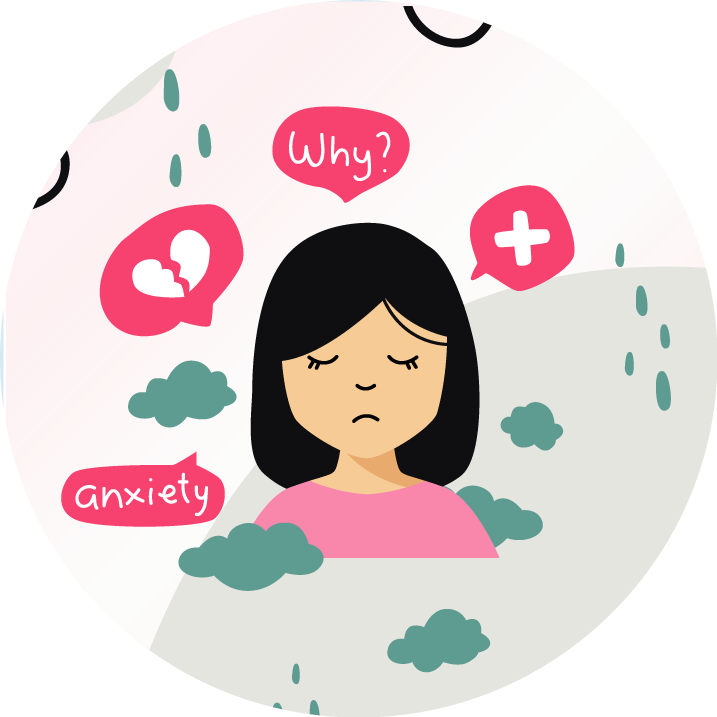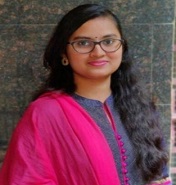Future-Proofing: Trends Redefining Dating Life

Future-Proofing: Trends Redefining Dating Life
May 03 2025 TalktoAngel 0 comments 1039 Views
The dating landscape has undergone significant transformations over the past few decades. From the days of handwritten love letters to the era of swiping left or right, technology has been a driving force in shaping the way we connect, communicate, and ultimately, fall in love. But the evolution of modern dating is not just about technological advancements; it's also influenced by shifting societal norms, changing psychological understandings of relationships, and a greater focus on personal well-being. As we look to the future, several emerging trends are reshaping dating, providing individuals with new ways to navigate the complex realm of romance while ensuring that these relationships stand the test of time. These are the key factors redefining the dating scene and helping future-proof our love lives.
1. The Rise of Authenticity and Vulnerability
In a world where digital avatars are often curated to perfection, authenticity is increasingly becoming a prized commodity. Psychological research suggests that individuals seek meaningful connections based on appearance and a deep sense of emotional intimacy and vulnerability. In the past, relationships often revolved around presenting an idealised version of oneself, but now, people have prioritised transparency and honesty from the very beginning.
Dating apps and social media platforms are beginning to reflect this shift with features that encourage users to showcase their real, unfiltered selves. People are sharing more than just their best selfies; they’re revealing their struggles, imperfections, and vulnerabilities, creating a space for deeper emotional connections. The psychology of this shift lies in the human need for authenticity in relationships. As we learn more about emotional intelligence and the power of genuine connections, it becomes clear that the most lasting relationships are built on trust and honesty.
2. Increased Focus on Mental Health and Self-Awareness
As mental health awareness grows, it is becoming more apparent that understanding one’s emotional landscape is crucial in building healthy relationships. Psychological well-being is not only about individual happiness but also about understanding how one’s emotional patterns influence interactions with others. The rise of self-improvement culture, mindfulness practices, and therapy, particularly in the realm of couples therapy and relationship counselling, has paved the way for individuals to be more introspective about their emotional needs.
Couples today are more likely to focus on emotional intelligence, empathy, and communication than ever before. Many dating platforms now incorporate resources and tools designed to foster mental health awareness, encouraging individuals to engage in self-reflection before diving into a relationship. This growing trend has its roots in psychology, where the concept of emotional regulation—the ability to manage one’s emotional responses—is essential for maintaining a healthy relationship.
Moreover, the future of dating will likely include mental health check-ins as an integral part of the matchmaking process. Apps and platforms may begin incorporating mental health questionnaires to help individuals assess their emotional readiness for a relationship. This move toward emotional maturity will not only help people build stronger bonds but also contribute to a healthier, more supportive dating environment.
3. Data-Driven Love: AI and Algorithms in Dating
Artificial intelligence and machine learning have already revolutionised industries like healthcare, finance, and entertainment, but now, they’re stepping into the realm of relationships. Dating apps are using sophisticated algorithms to match individuals based on compatibility rather than superficial traits. While algorithms cannot predict love, they can analyse patterns of behaviour and preferences, offering data-driven suggestions to help individuals find partners who align with their values and long-term goals.
However, the psychological implications of this data-driven approach are not without their concerns. Some critics argue that relying too heavily on algorithms might lead to the commodification of relationships, where individuals are reduced to a set of data points. But as technology continues to evolve, so too will our understanding of how AI can be integrated into dating without sacrificing genuine human connection. Future-proof dating may involve a balance between algorithmic suggestions and the human element of spontaneity, curiosity, and emotional connection.
4. The New Age of Polyamory and Non-Traditional Relationships
One of the most significant cultural shifts in recent years is the increasing acceptance of non-monogamous relationships. The traditional idea of a monogamous, lifelong partnership is no longer the default for many people. This shift is rooted in changing social norms and a growing understanding of relationship fluidity. From polyamory to open relationships, people are exploring new ways of structuring their romantic lives that prioritise personal growth, communication, and non-traditional forms of love.
Psychologically speaking, this trend aligns with research on attachment theory, which emphasises that individuals may form multiple emotional attachments throughout their lives. People are beginning to understand that love is not finite and that multiple relationships can co-exist without diminishing the value of any one connection. Future-proof relationships will likely embrace a diversity of romantic arrangements where honesty, consent, and communication are paramount.
5. The Emergence of Virtual Dating and Metaverse Relationships
The COVID-19 pandemic forced many people into isolation, but it also accelerated the growth of virtual dating. Online interactions, once seen as a secondary means of connecting, have now become an integral part of the dating experience. The rise of virtual reality (VR) and the concept of the metaverse present exciting new possibilities for the future of dating.
Psychologically, virtual dating allows people to experiment with their self-presentation and emotional expression in a unique space. While this new frontier in dating might initially seem like a substitute for in-person connections, it offers a new avenue for individuals to build emotional intimacy, even if physical proximity is not an option. For example, VR dating experiences allow users to engage in immersive activities, such as cooking classes, hikes, or even stargazing, all from the comfort of their homes. These virtual experiences can help people bond over shared interests and create meaningful emotional connections, albeit through a digital medium.
6. The Evolution of Personal Boundaries and Consent
Finally, as conversations around personal boundaries and consent continue to evolve, future-proof dating will be characterised by a strong emphasis on mutual respect and understanding. Psychological research on boundary-setting and consent has revealed that clear communication is essential in forming healthy, long-lasting relationships. The future of dating will likely feature tools and resources that help individuals set, communicate, and respect healthy boundaries more effectively, leading to more equitable and consensual relationships.
In a future where personal agency and emotional well-being are prioritised, dating will no longer feel like a pressure-filled game but rather a safe space where individuals can explore connections at their own pace, with mutual respect and understanding guiding the way.
Conclusion
The future of dating is marked by profound shifts that challenge traditional norms and incorporate psychological principles that support mental health, emotional well-being, and personal growth. From the emphasis on authenticity to the integration of AI and the metaverse, the evolving landscape of romance reflects a deeper understanding of the human psyche and a desire to build connections that are not only meaningful but also enduring. As we future-proof our love lives, the key will be to embrace these changes while remaining rooted in the values of respect, empathy, and emotional intelligence. Only by doing so can we create relationships that are truly built to last.
Contributed By: Contributed by Dr. (Prof.) R. K. Suri, Clinical Psychologist and Life Coach, & Mrs. Mansi, Counselling Psychologist.
References
- Aron, A., & Aron, E. N. (2019). The Social Psychology of Love and Attraction. Psychology Press.
- Lammers, J., Stoker, J. I., Jordan, J., Pollmann, M., & Fischer, A. H. (2011). Power Increases Infidelity Among Men and Women. Psychological Science, 22(9), 1191–1197. https://doi.org/10.1177/0956797611416252
- Finkel, E. J., Hui, C. M., Carswell, K. L., & Larson, G. M. (2019). The suffocation of marriage: Climbing Mount Maslow without enough oxygen. Psychological Science, 30(5), 855-869. https://doi.org/10.1177/0956797619831684
Leave a Comment:
Related Post
Categories
Related Quote

“If I wait for someone else to validate my existence, it will mean that I’m shortchanging myself.” - Zanele Muholi

"The meeting of two personalities is like the contact of two chemical substances: if there is any reaction, both are transformed." - Carl Jung

“Treat a man as he is and he will remain as he is. Treat a man as he can and should be and he will become as he can and should be.” - Stephen R

“Remember: the time you feel lonely is the time you most need to be by yourself. Life's cruelest irony.” - Douglas Coupland

“Anxiety is a thin stream of fear trickling through the mind. If encouraged, it cuts a channel into which all other thoughts are drained.” - Arthur Somers Roche

“The cheerful mind perseveres, and the strong mind hews its way through a thousand difficulties.” - Swami Vivekananda
Best Therapists In India




































SHARE